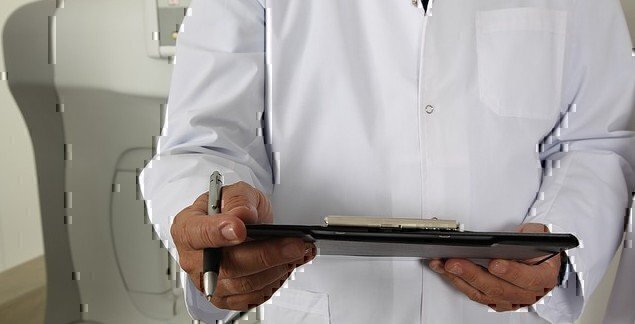Getting out of the military is a tough experience. One of the biggest concerns that face newly discharged veterans is a lack of health care. There are programs that allow many veterans to enter the VA system seamlessly. However, many veterans are still faced with the dilemma of finding health care. In this article we will outline what it means to be without healthcare, how important it is to have, and different methods of applying for VA healthcare.
Let’s Face the Facts
The transition assistance classes (TAP/ACAP) that we take prior to discharge are mildly helpful at best. They focus mostly on resume building and how to find a job. Although some time is given to discussing VA benefits, it is important to fully understand all of the benefits and which ones may be available to you. Having a plan to receive healthcare in the future is great, but what about tomorrow? We need help now! Going without healthcare is a highly dangerous gamble, whether you are fit and in shape, severely disabled from your time in service, or somewhere in between. On top of the simple need for health care, we are now faced with a tax penalty for not having coverage.
Why the VA?
The VA healthcare system is a great healthcare opportunity. The coverage is free (with the exception of copays for some veterans), there are specialists to handle conditions that civilian doctors are not equipped to handle, and the conditions resulting from your time in service will be dealt with head-on. There is a catch, though: Not every veteran qualifies for VA healthcare.
How do I get into the VA?
The VA breaks its beneficiaries into eight priority levels. Some of these priority levels you can prove you belong to instantly and may receive coverage the very next day; others require more time. The most common method of applying for VA healthcare benefits is by proving that you have a service-connected disability. The problem with this is that it can take anywhere from four months to five years. If you believe you have a disability due to your time in service, you should still put in for a claim. However, as far as immediate healthcare, you will not receive any for a period of time.
What Should I Do Now?
Don’t worry, the VA has a separate priority level for veterans in trouble. Presumably, for the veterans who have a job lined up upon discharge, healthcare will be included in the benefits package. For those who do not have a job waiting for them, the VA will accept all honorably discharged veterans into VA healthcare who are below a certain monetary threshold. This is a great program because it does not take into account what you made last year (like most income variables). Instead, it only takes into account what you currently make. So if you were discharged honorably and do not have a job, you can be admitted to VA healthcare.
In addition to having a service-connected disability and being below the poverty line, other qualifiers that allow for immediate entry into the VA healthcare system include former POWs, Purple Heart recipients, Medal of Honor recipients, veterans discharged due to a disability incurred or aggravated on duty, veterans disabled by treatment from the VA, housebound veterans, catastrophically disabled veterans, pension recipients, Medicaid recipients, veterans exposed to ionizing radiation, Vietnam veterans (served 1962-1975), and Southwest Asia Theater veterans (served 1998-present). Also, veterans who served in any other theater of combat are eligible for five years from discharge.





